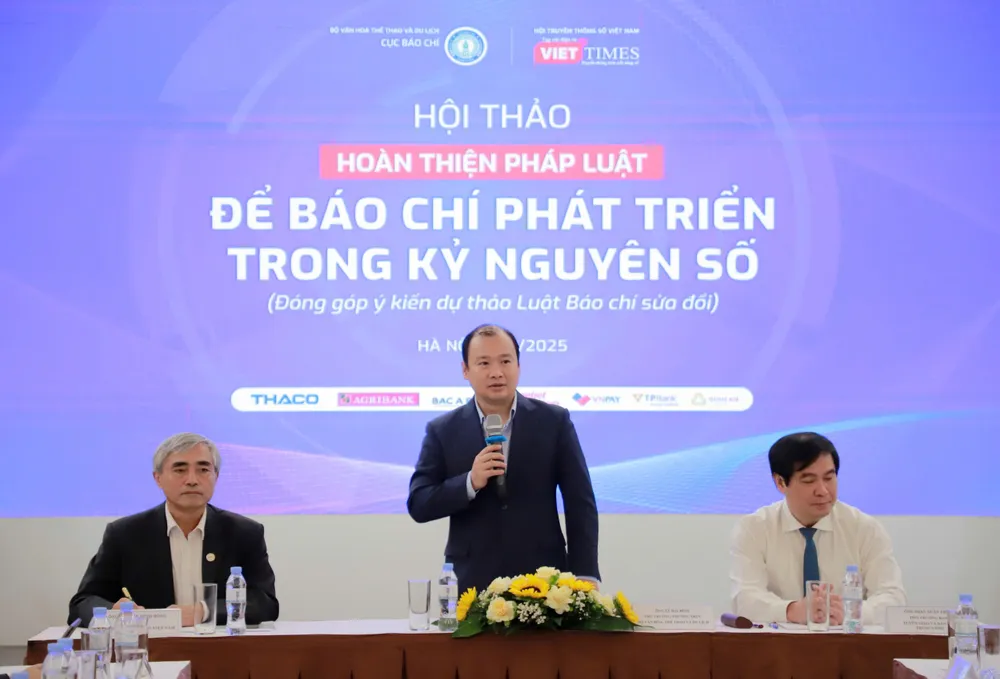
This event focuses on collecting comments and contributions to improve the press legal system, especially the drafting of the Press Law (amended) before submitting it to the Government and the National Assembly for consideration and approval.
In his opening remarks, Deputy Minister Le Hai Binh emphasized that the completion of the draft Press Law this time is of key significance in creating a solid legal space, creating motivation and mechanisms for the press to develop strongly in the context of extensive digitalization. He also noted that the process of amending the law needs to ensure both fundamentality and timely response to practical requirements and innovation in legislative thinking.
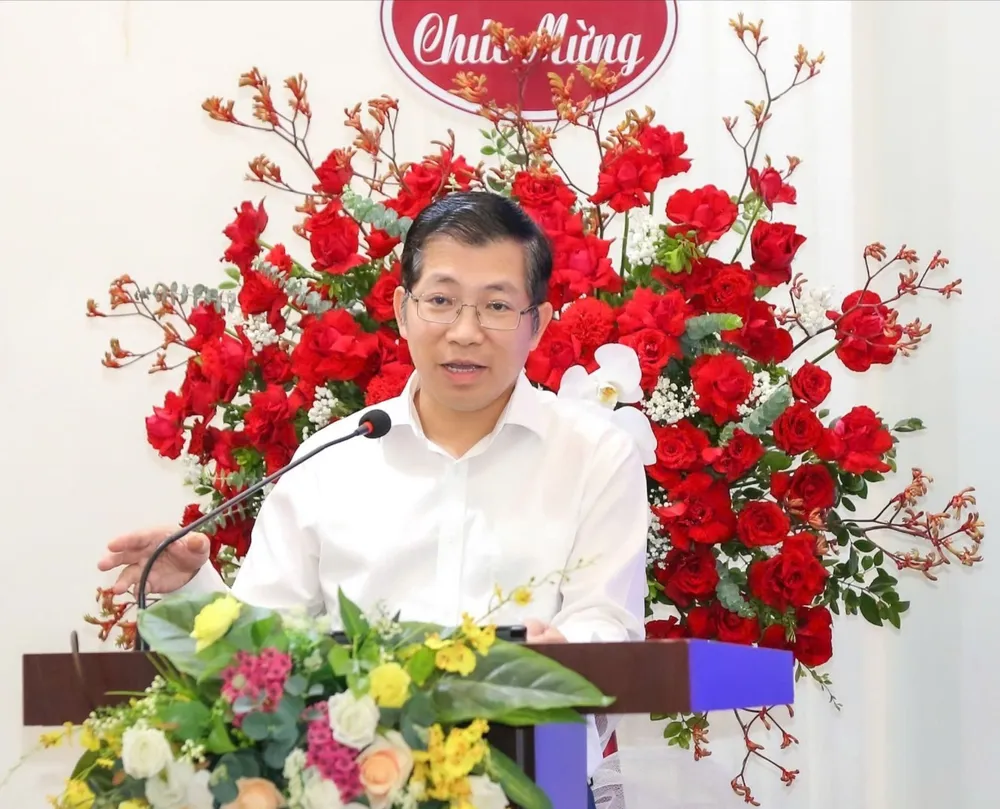
In the discussion "Some notable issues in the Press Law (amended)", Director of the Press Department Luu Dinh Phuc presented in detail the four major policies approved by the Government in Resolution No. 148/NQ-CP dated September 22, 2024, as the foundation for the development of the draft revised law. The draft Press Law (amended) focuses on four policies: strengthening management, improving the quality of the team, developing the press economy , and regulating activities in cyberspace. The draft emphasizes transparent management, clearly defining the authority of the Central and local levels, with 30 contents assigned to the Government and relevant agencies for detailed regulation.
The Government Decree will guide 25 key issues such as: developing media complexes, licensing, revenue sources, international cooperation, press cards, online activities, press import and export...
The draft proposes for the first time the model of a multimedia press and communication group, allowing these groups to have many affiliated agencies, operate under a financial mechanism like an enterprise, and be allowed to establish or contribute capital to an enterprise...
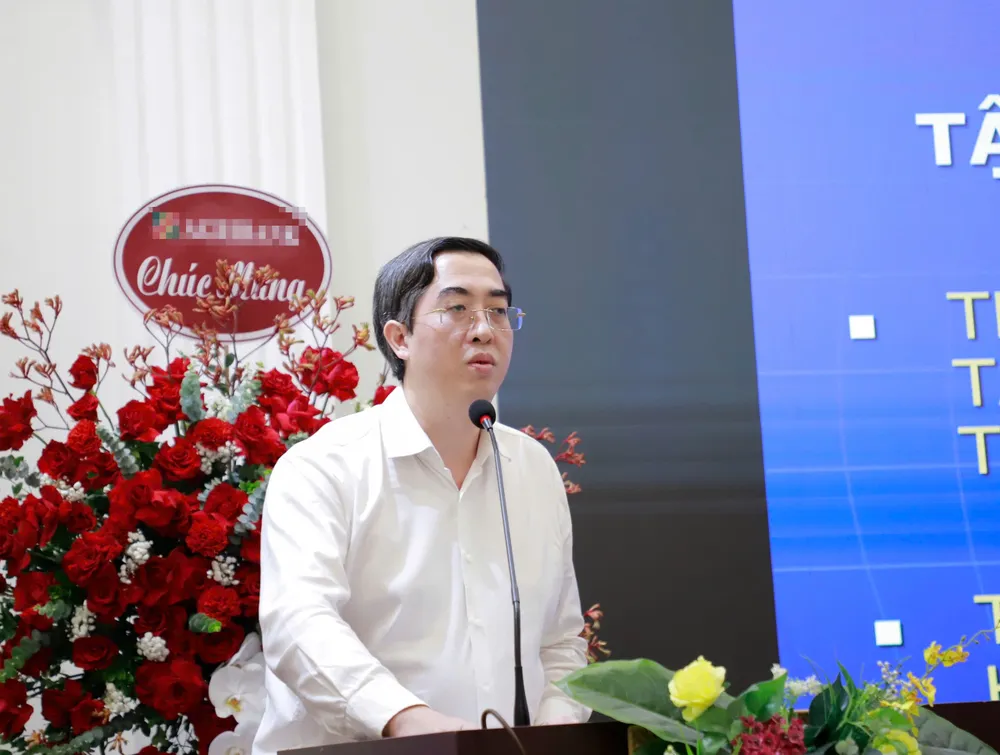
At the workshop, Dr. Le Hai, member of the Editorial Board of Communist Magazine, said that the formation of media groups following the model of foreign corporations is an inevitable development need of Vietnamese journalism.
He cited China's experience, where the press is a public service unit but operates like a business, as a suitable suggestion in the transformation process. The consortium model helps share resources, improve multi-platform content production capacity, and at the same time open up a direction for press economic development through media services, digital content production, and press commercialization.
Mr. Nguyen Thanh Lam, General Director of Vietnam Television, also said that the draft clearly states press activities on cyberspace, but it is necessary to clarify more about the press business model...
Tien Phong Newspaper Editor-in-Chief Phung Cong Suong said that the revised Press Law needs to remove obstacles in press economics, organizational models, operating mechanisms and autonomy of press agencies. Thereby, "paving the way" for the Vietnamese press to develop professionally, modernly and integratedly.
At the workshop, delegates also gave their opinions on issues such as press economics, press management units, press operating mechanisms, etc.
Source: https://www.sggp.org.vn/hoan-thien-hanh-lang-phap-ly-cho-bao-chi-phat-trien-post795550.html


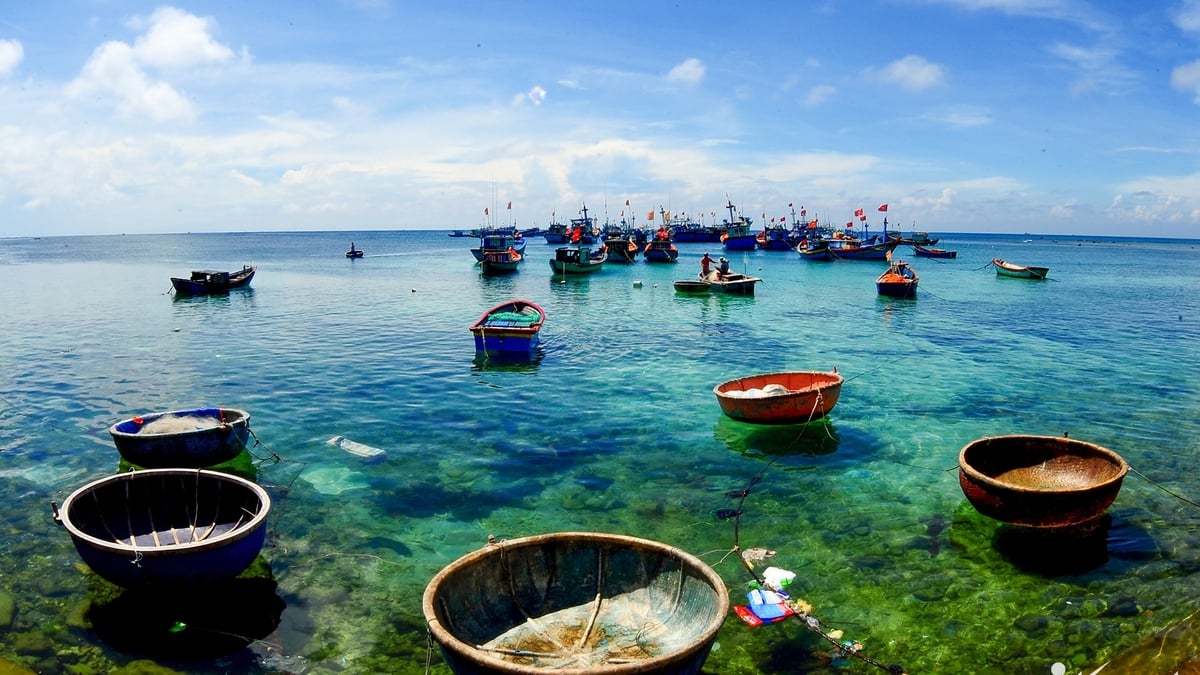
![[Photo] Party and State leaders visit President Ho Chi Minh's Mausoleum](https://vphoto.vietnam.vn/thumb/1200x675/vietnam/resource/IMAGE/2025/5/19/d7e02f242af84752902b22a7208674ac)

![[Photo] Party and State leaders attend the special art program "You are Ho Chi Minh"](https://vphoto.vietnam.vn/thumb/1200x675/vietnam/resource/IMAGE/2025/5/18/6895913f94fd4c51aa4564ab14c3f250)
![[Photo] Special flag-raising ceremony to celebrate the 135th birthday of President Ho Chi Minh](https://vphoto.vietnam.vn/thumb/1200x675/vietnam/resource/IMAGE/2025/5/19/1c5ec80249cc4ef3a5226e366e7e58f1)

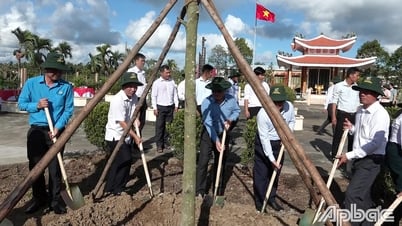

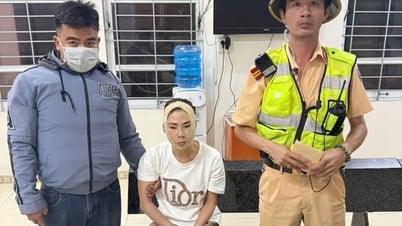

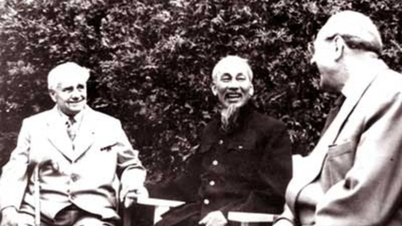

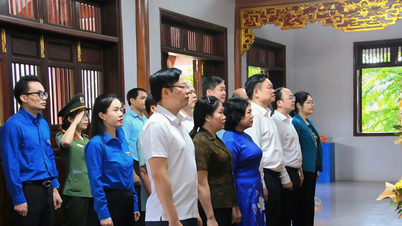










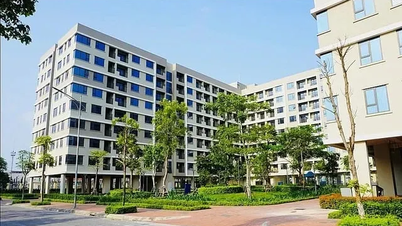
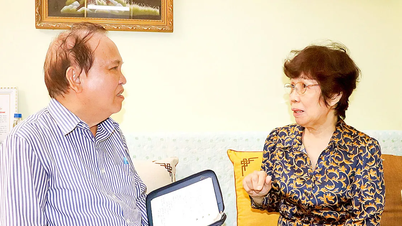
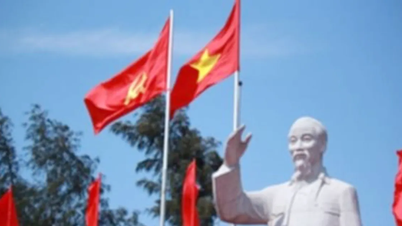
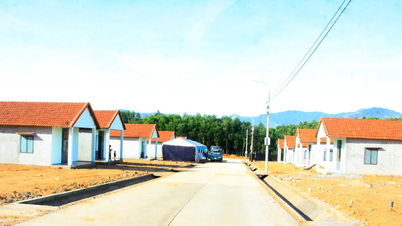
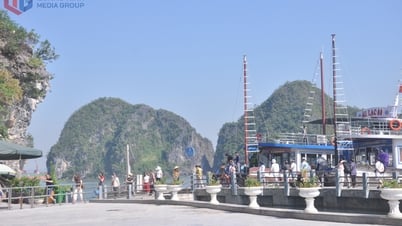
















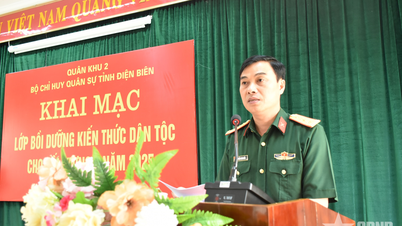




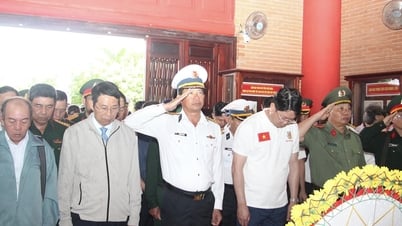



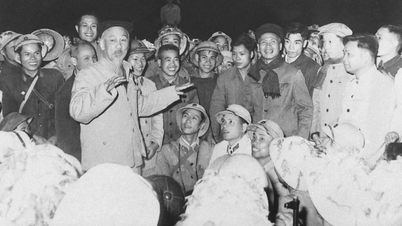

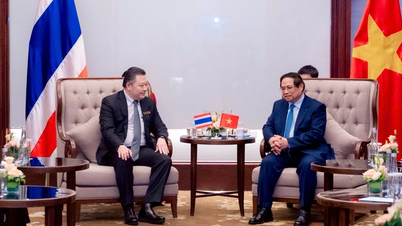
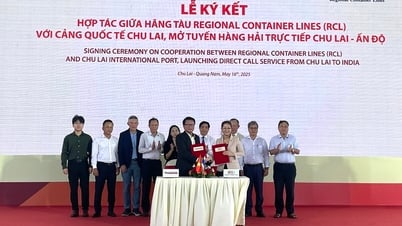





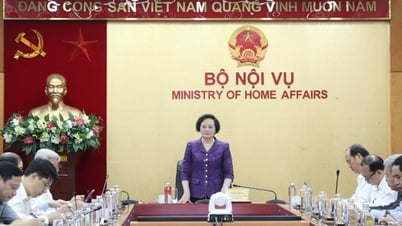

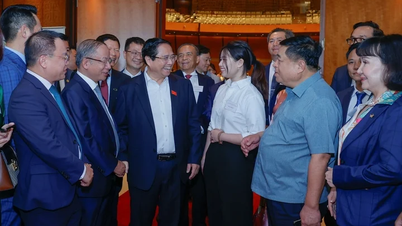


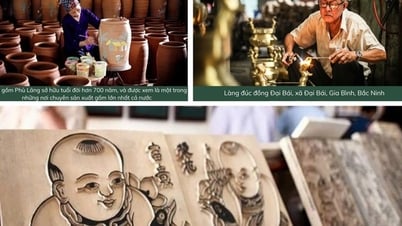
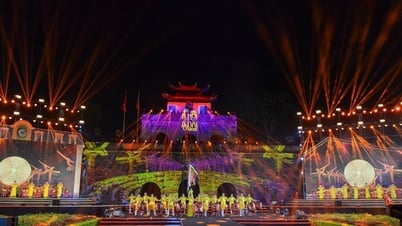


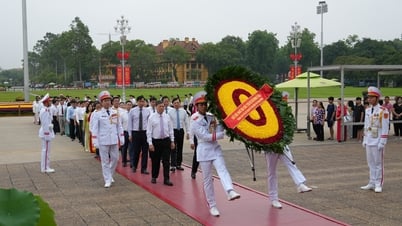

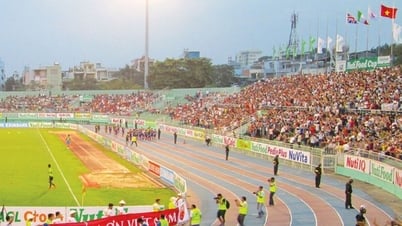
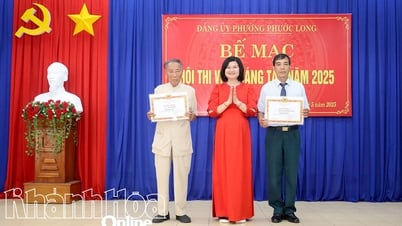

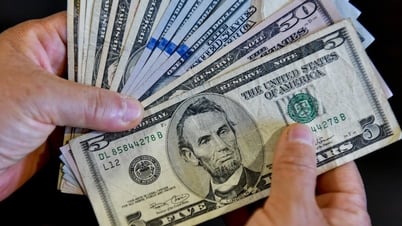


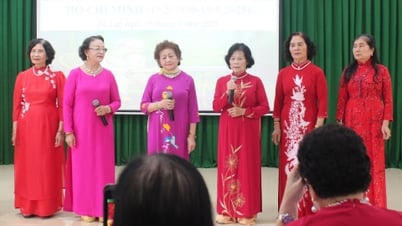













Comment (0)